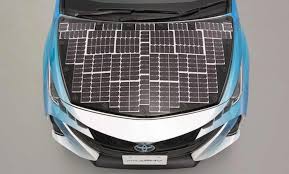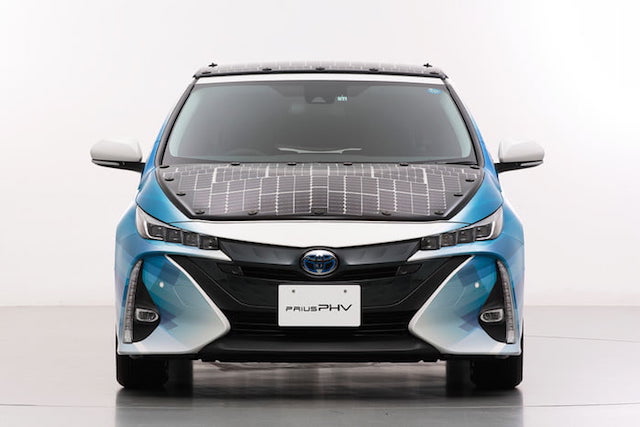
Breaking News
 Palantir kills people? But Who's Really Pushing the Buttons?
Palantir kills people? But Who's Really Pushing the Buttons?
 'Big Short' investor Michael Burry sounds alarm on AI bubble that's 'too big to save
'Big Short' investor Michael Burry sounds alarm on AI bubble that's 'too big to save
 2026-01-21 -- Ernest Hancock interviews Professor James Corbett (Corbett Report) MP3&4
2026-01-21 -- Ernest Hancock interviews Professor James Corbett (Corbett Report) MP3&4
 Joe rogan reacts to the Godfather of Ai Geoffrey Hinton talk of his creation
Joe rogan reacts to the Godfather of Ai Geoffrey Hinton talk of his creation
Top Tech News
 The day of the tactical laser weapon arrives
The day of the tactical laser weapon arrives
 'ELITE': The Palantir App ICE Uses to Find Neighborhoods to Raid
'ELITE': The Palantir App ICE Uses to Find Neighborhoods to Raid
 Solar Just Took a Huge Leap Forward!- CallSun 215 Anti Shade Panel
Solar Just Took a Huge Leap Forward!- CallSun 215 Anti Shade Panel
 XAI Grok 4.20 and OpenAI GPT 5.2 Are Solving Significant Previously Unsolved Math Proofs
XAI Grok 4.20 and OpenAI GPT 5.2 Are Solving Significant Previously Unsolved Math Proofs
 Watch: World's fastest drone hits 408 mph to reclaim speed record
Watch: World's fastest drone hits 408 mph to reclaim speed record
 Ukrainian robot soldier holds off Russian forces by itself in six-week battle
Ukrainian robot soldier holds off Russian forces by itself in six-week battle
 NASA announces strongest evidence yet for ancient life on Mars
NASA announces strongest evidence yet for ancient life on Mars
 Caltech has successfully demonstrated wireless energy transfer...
Caltech has successfully demonstrated wireless energy transfer...
 The TZLA Plasma Files: The Secret Health Sovereignty Tech That Uncle Trump And The CIA Tried To Bury
The TZLA Plasma Files: The Secret Health Sovereignty Tech That Uncle Trump And The CIA Tried To Bury
Toyota is Now Testing New Prius That Uses Ultra-Thin Solar Panels to Charge Batteries On the Go

Toyota has begun testing a new Prius model that uses ultra-thin solar panels to eliminate the risk of a car running out of juice on the road.
The company announced earlier this week that they plan to commence public road trials from late July 2019.
The trials, which will be conducted in collaboration with the New Energy and Industrial Technology Development Organization (NEDO) and electronics corporation Sharp, aim to assess the effectiveness of improvements in cruising range and fuel efficiency of electrified vehicles equipped with high-efficiency solar batteries.
To facilitate the execution of this trial, Sharp modularized its high-efficiency solar battery cells (with conversion efficiency of 34%), previously developed for a NEDO-led project, to create an onboard solar battery panel.
The solar battery cell is a thin film about 0.03 mm in thickness, which makes it possible to efficiently install to fit the curves of vehicle parts with limited space.
Toyota then installed this panel on the roof, hood, rear hatch door, and other parts of its "Prius PHV" and produced a demo car for public road trials. By enhancing the solar battery panel's efficiency and expanding its onboard area, Toyota was able to achieve a rated power generation output of around 860W, which is approximately 4.8-times higher in comparison with the commercial model Prius PHV (equipped with a solar-charging system).


 Nano Nuclear Enters The Asian Market
Nano Nuclear Enters The Asian Market


